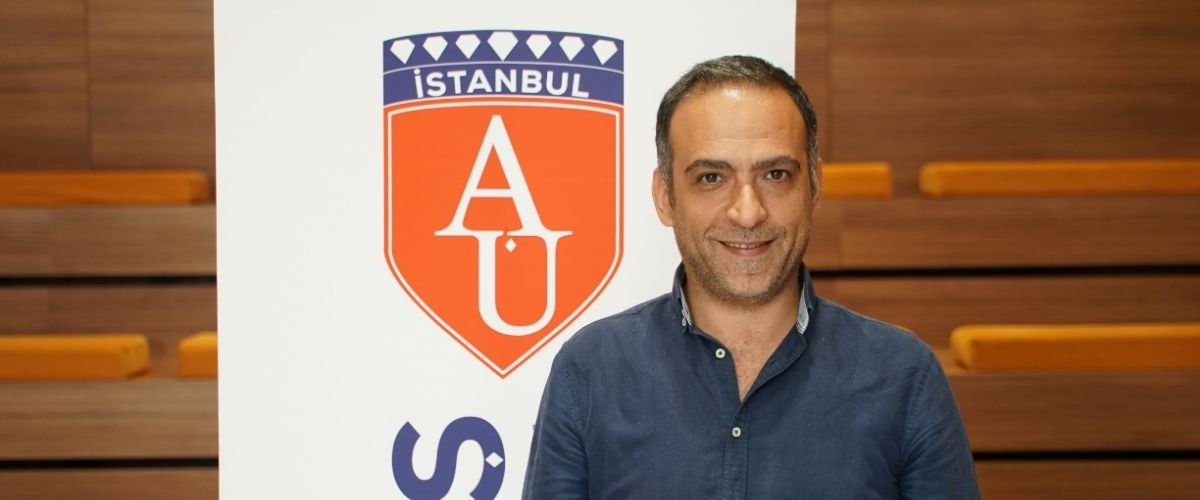Codes of the New Era in Syria
Altınbaş University International Relations Department Faculty Member and Middle East Expert Dr. Mehmet Turan Çağlar evaluated the latest situation in Syria.
In Syria, the opposition's advance around Aleppo, Idlib and Hama is producing unexpected results on the ground. The opposition's rapid advance into Damascus from both the north and the south seems to have thwarted all possible scenarios. The lack of expected help from Iran and Russia, and the weak positions of Iraqi militias and Hezbollah inside Syria have led the opposition to achieve victory and topple the government in a very short time. Altınbaş University International Relations Department Faculty Member and Middle East Expert Dr. Mehmet Turan Çağlar evaluated that the lack of aid to Bashar al-Assad, who was militarily weak, led Assad to leave Damascus, unable to resist further. He stated that the overthrow of Bashar al-Assad's government before the clashes escalate will help the next diplomatic and political process to begin. Dr. Mehmet Turan Çağlar evaluated the latest developments in the region and analyzed how the situation in Syria affects both domestic and regional balances. He said that the parties' perspectives on past conflicts, whether they will act with a sense of revenge, political negotiations between different groups, and the actions of regional and international actors towards the future of Syria will come to the fore as important factors that will determine the process.
Middle East Expert Dr. Mehmet Turan Çağlar predicted that the current situation on the ground could evolve into a larger-scale bargaining process in the short term. “Opposition groups are trying to gain an advantageous position at the bargaining table by strengthening their positions in Aleppo. However, this may also lead to a fierce counterattack by Syria and its allies,” Çağlar said, emphasizing that Türkiye may consider military intervention against possible migration waves and the YPG's gaining power.
According to Prof. Dr. Mehmet Turan Çağlar, while the conflict dynamics in Syria may create new instabilities at the local level in the short term, they also have the potential to create long-term effects on regional and global balances.
The progress of the opposition and the Syrian government's reaction
According to Çağlar, the opposition's rapid advance has exposed not only the counter-attack strategy but also the military weaknesses of the Syrian government. The loss of critical points such as Aleppo's city center could be a major psychological blow for the Assad regime. However, as in the past, Syria and Russia are expected to intensify their efforts to push back the opposition by focusing on airstrikes. Airstrikes are likely to dominate, similar to the strategy employed in Aleppo in 2015.
The importance of timing
Referring to the timing of these developments, Çağlar said that the increasing tensions between Iran and Israel have also affected the events in Syria. Iran's move towards the Golan Heights and its increased attention in the region has put Syria in a more vulnerable position in the north. “The Assad administration, which is trying to close the situation in Idlib with a de facto solution, has fallen into a disadvantageous position in the north,” Çağlar said.
Türkiye's attitude and strategy
Türkiye's role in the region and its stance against the YPG threat also figure prominently in the analysis. Despite Türkiye's limited influence on opposition groups, its efforts to prevent the YPG from advancing west of the Euphrates are noteworthy. Çağlar emphasized the strategic importance of Tel Rıfat in this context: “Türkiye's priority is to prevent the YPG from gaining power. This is why cooperation between Türkiye and the Syrian National Army is at the forefront in the region.”
Attitudes of regional and global actors
Stating that global actors such as the US and Israel are closely monitoring the developments on the ground, Çağlar said that the positions of these countries are based on proxy war dynamics. He predicted that the US will continue to support the YPG, while Israel will benefit from Iran and Hezbollah's attention shifting to the north. The normalization process with Arab countries may be limited to verbal support for Syria, he said.
Iran's influence in Syria is also increasing
Reminding that these clashes have put Iran's role in the region back on the agenda, Dr. Çağlar said, “The news of the death of an Iranian general in the fierce clashes in Aleppo has led Tehran to reassess its strategy towards Syria more carefully. Iran cannot afford to lose or abandon Syria. Therefore, it feels the need to increase its influence in the region and provide more assistance to the Syrian government.”
Iran's presence and assistance strategy in Aleppo
The death of an Iranian general in the clashes between opposition groups and the Syrian army around Aleppo has once again shown how critical Iran's military presence in the region is. Dr. Çağlar believes that Iran will increase its assistance to Syria in the coming days. He said that this possible assistance could range from military support to humanitarian aid. “Instability in Syria may have long-term consequences not only for Iran but for all actors in the region,” Çağlar said.



